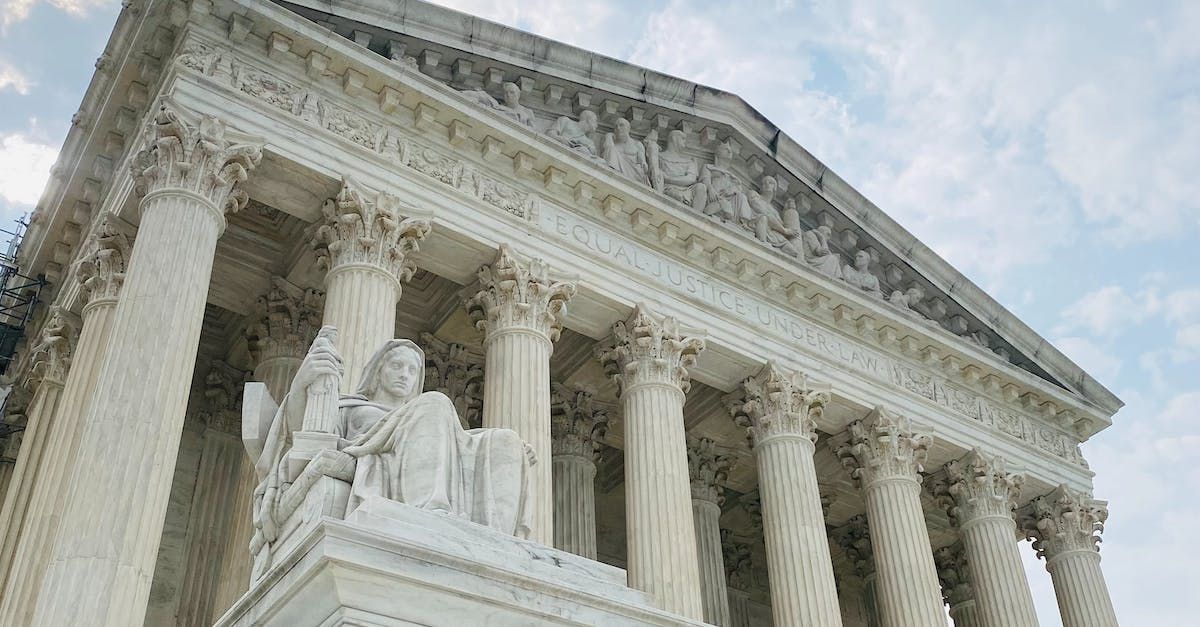Client Login
×Practice Areas
Court Jurisdiction in Divorce Cases
How do you know where to file your family law case?

"Personal Jurisdiction" refers to a court's authority or power over a particular person. Put another way, it is the authority that a court has to make decisions and judgments regarding individuals involved in a legal dispute, such as a divorce (also referred to as a Dissolution of Marriage). A court has to have personal jurisdiction over parties to make decisions involving them and judgments against them. Personal jurisdiction can be a complicated issue, especially if the responding party, also known as the “respondent,” does not live in the State of Colorado or cannot be located. There are few different ways a court can exercise personal jurisdiction over someone and all issues (status of the marriage, property division, spousal maintenance, child support, and parental responsibilities) in Colorado divorce matters:
1. The parties can file a joint Petition for Dissolution of Marriage, also referred to as a Co-Petition for Dissolution of Marriage. Using a Co-Petition, both parties agree that the Court has personal jurisdiction over them.
2. After the filing spouse files a Petition for Dissolution of Marriage, the respondent can sign a Waiver and Acceptance of Service. A Waiver and Acceptance of Service means that the respondent is voluntarily entering into the case without being served with the initial paperwork and agreeing that the Court has personal jurisdiction over them.
3. The respondent can be personally served in the state of Colorado, even if the respondent does not live in Colorado. If the respondent is served in Colorado, the Court has personal jurisdiction over that party.
a. We will write a separate blog post regarding “service” and the requirements for proper service.
4. Under C.R.S. § 13-1-124(1)(e), if the parties maintained a “matrimonial domicile” in Colorado, the respondent can be personally served in another state and Colorado will acquire jurisdiction over all aspects of the divorce, so long as one party to the marriage continues (without interruption) to be domiciled in Colorado. The matrimonial domicile is the last place that the parties lived together as a married couple.
5. The respondent can consent to personal jurisdiction in Colorado or otherwise waive any arguments related to personal jurisdiction. For example, if a respondent is served outside of Colorado but then files a response to the Petition for Dissolution of Marriage in Colorado without specifically asserting that the Colorado court lacks personal jurisdiction, then the respondent waives any arguments regarding personal jurisdiction, and Colorado can make decisions regarding all aspects of the divorce.
There are also some additional ways a court can exercise personal jurisdiction over the respondent, but in these situations, the court can only make decisions regarding some of the issues in a Colorado divorce matter:
1. Under C.R.S. § 14-10-107(4)(a) and C.R.C.P. 4(g), with court approval and after making diligent efforts to locate and serve the respondent, the filing party can serve the respondent by publication. However, service by publication only gives the court jurisdiction over the status of the marriage and property located in Colorado. Service by publication does not give the court jurisdiction to resolve custody issues.
2. The respondent can be served in another state. However, serving the party in another state does not give the court personal jurisdiction over the respondent by itself. In this situation, the court only has jurisdiction over the status of the marriage and does not have jurisdiction over issues such as maintenance and distribution of property. Child support and parental responsibilities determinations may be made if jurisdiction is allowed by the Uniform Interstate Family Support Act (UIFSA) and the Uniform Child Custody Jurisdiction and Enforcement Act (UCCJEA).
In all of these scenarios, remember that one party has to be domiciled in Colorado at least 91 days prior to filing for a Dissolution of Marriage case in Colorado and any children involved in the case must be domiciled in Colorado at least 182 days prior.
Failure to satisfy these conditions may result in a court lacking personal jurisdiction, making any judgment issued by that court invalid. Establishing personal jurisdiction is a fundamental aspect of a fair and lawful process, ensuring that individuals are subject to the authority of a court only when appropriate and just. If you are considering filing a Dissolution of Marriage action and you are unable to satisfy one of the conditions set forth above, you may have to consider filing your case in the state where your spouse resides. If you have questions regarding personal jurisdiction, contact the attorneys at Opfer | Campbell | Beck P.C. for a free 60-minute consultation at (303) 791-0995.

Recent Blog Posts

Offices
Parker Station - 19751 East Mainstreet, Suite 215
Parker, CO 80138
Summit County - 620 East Main Street #6
Frisco, CO 80443
Phone
The experienced attorneys of Opfer | Campbell | Beck P.C., serve clients throughout both the Denver, Colorado (CO), metropolitan area , as well as clients and cases in Summit County.











